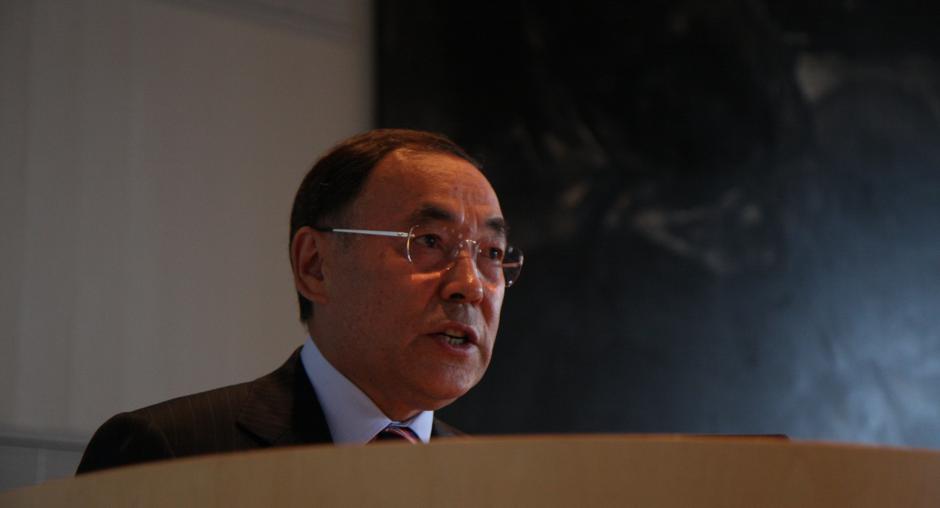Differences in advancing to democracy should not overshadow progress in human rights promotion, says OSCE Chairperson

COPENHAGEN, 10 June 2010 - Celebrating the 20th anniversary of one of the most far-reaching international human rights agreements, the OSCE Chairperson-in-Office, Kazakhstan's State Secretary and Foreign Minister Kanat Saudabayev, said that "The tectonic changes in the OSCE area's geopolitical landscape and the differences in advancing to the ideals of democracy in various countries should not overshadow the lasting historic values of the Copenhagen Document."
Today, more than 260 representatives from the OSCE's 56 participating States, civil society groups and experts are taking part in the two-day conference, organized by Kazakhstan's OSCE Chairmanship and the Danish Foreign Ministry.
On the occasion of the conference, Danish Foreign Minister Lene Espersen stated: "Much has changed since 1990 when the Copenhagen Document was adopted. At that time, Kazakhstan did not take part in the CSCE process as an independent state. Today, Kazakhstan is chairing the OSCE. This provides us with an excellent illustration of how far we have come. In part, I believe, it is thanks to the commitments agreed upon in Copenhagen that we have managed to come this far and have made this incredible journey over a 20-year period."
In five working sessions - on elections and human rights; rule of law; national minorities; freedom of movement, and implementation - participants take stock of compliance with the commitments made in Copenhagen. They will also look at how to ensure more effective implementation.
"Twenty years ago, ministers from the countries participating in the Conference on Security and Co-operation in Europe adopted a code of standards on human rights, democracy and rule of law. This code was unprecedented in its depth and scale and it has not lost its significance,"Â Saudabayev said.
Ambassador Janez Lenarcic, Director of the OSCE Office for Democratic Institutions and Human Rights, said:
"This meant, in plain words, that no state can claim to be a democracy without respect for human rights; human rights can only be guaranteed in a democratic system; and the rule of law means more than the formality of following the law - it means justice based on the supreme value of the human personality and guaranteed by institutions providing a framework for its fullest expression."
Saudabayev highlighted that active participation of civil society is crucial for the the work of the OSCE.
"Respect for and protection of fundamental rights and freedoms of people, the development of democracy, combating intolerance and discrimination are indispensible elements of indivisible security. This is why OSCE's human dimension is a priority for the Kazakhstan's OSCE Chairmanship," he said.
To further discuss development and implementation of the human dimension commitments, Kazakhstan's Chairmanship will organize a series of events, the key one being an OSCE High-Level Conference on Tolerance and Non-Discrimination on 29-30 June in Astana, Saudabayev said.
The Chairmanship's initiative to hold an OSCE Summit this year would also "reiterate the democratic and human rights basis of the Organization," he added. A consensus decision is required for an OSCE Summit to be held.
